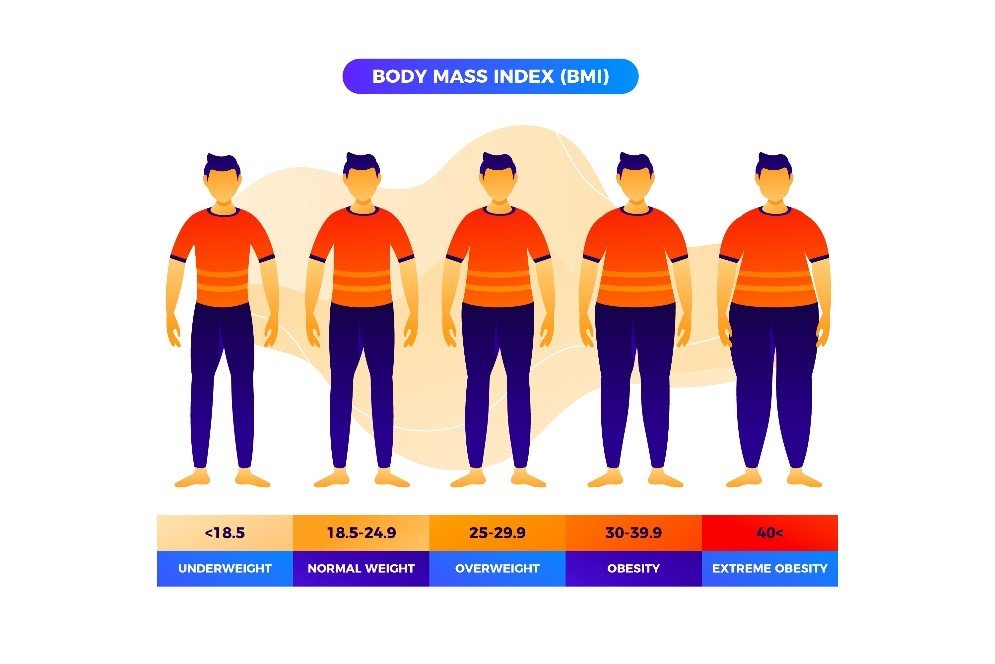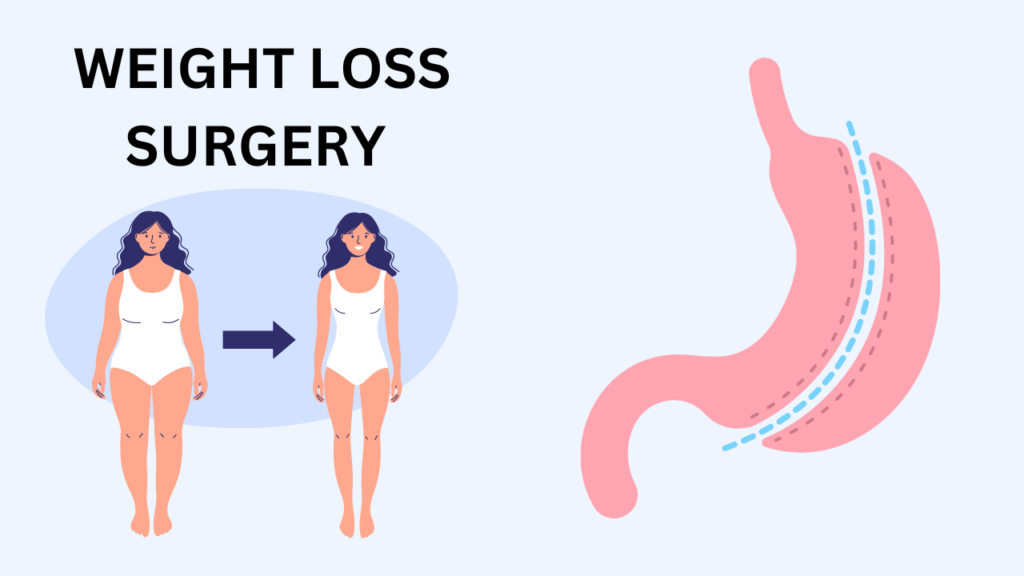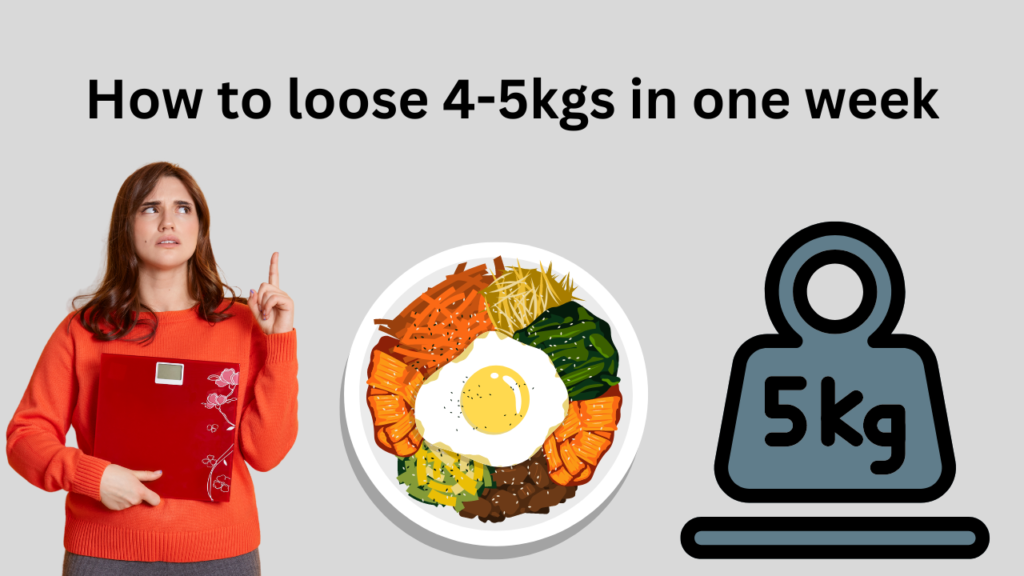There has been a sharp rise in the number of weight reduction surgeries performed in the United States . Data indicates that almost 280,000 Americans have had weight loss surgery, which is also regarded as an obesity epidemic, with a 4.2% annual growth rate over the previous five years. 1% of Americans follow this trend of weight loss surgery each year, and those who are extremely obese—defined as having a BMI of 35 or higher—should have weight loss surgery if they are not able to reduce their weight through diet alone.
Table of Contents

Understanding Weight Loss Surgery?

Weight Loss Surgery Procedures
Common advanced methods for weight loss surgery include:
- Endoscopic Sleeve Gastroplasty (ESG)
- Gastric Bypass (Roux-en-Y)
- Biliopancreatic Diversion with Duodenal Switch (BPD/DS)
- Intragastric Balloon
- Sleeve Gastrectomy
- Gastric Banding
6-Month Diet Before Weight Loss Surgery
Before undergoing weight loss surgery, patients typically follow a specific diet for 6 months.
Key guidelines include:
- Choosing a lean protein sources like chicken, egg whites, turkey, and fish
- Consuming whole grains like quinoa, brown rice, and whole-wheat bread
- Encourage taking non-starchy vegetables like leafy greens, broccoli, cauliflower, and bell peppers
- Include healthy fats found in avocados, nuts, and olive oil.
- Foods to avoid pre-weight loss surgery include carbonated drinks, alcohol, milk products, and fried foods, as they can cause bloating and fat absorption.

Do I Qualify for Weight Loss Surgery?
You might have all the questions in your mind whether you’re a possible candidate for weight loss surgery or not. Well, these certain questions are designed to answer all your doubts and help you to make a right choice. Take our quick and find out if you are suitable to undergo weight loss surgery.
You may be a candidate for weight loss surgery if you have:
- Body Mass Index greater than 40 (BMI of 40), or Body Mass Index greater than 35?
- Obesity-related diseases can include diabetes, sleep apnea, high blood pressure, high cholesterol and joint pain?
- What is your height and weight?
- Are at least 18 years of age?
- Have tried more weight loss measures such as dieting, exercise programs, or other medical weight loss programs?
- Are you ready to stay away from alcoholic drinks, tobacco and illegal substances after weight loss surgery?
- Prepared to eating healthier, staying physically fit, and make lifelong changes in your life after weight loss surgery?
- Have a supportive family and friends circle that can help to look after you going through weight loss surgery?
- Have you properly followed a recommended 6-month diet before weight loss surgery?
- Are you physically and mentally prepared to undergo weight loss surgery?

Choosing weight loss surgery is a transformational step that needs a life-long lifestyle commitment. Before you make up your mind for weight loss surgery, this quiz will ensure you are prepared for the transition to a healthier you after weight loss surgery. This will give you all the time you need to take for the preparation of weight loss surgery and guide you with all the tools to be successful in your weight loss surgery procedure and have a healthy and increased quality of life.
FAQs
1) What is the best surgery to lose weight? Answer:
The best surgery for weight loses is Gastric bypass surgery because it is the most safe and advance and stays for a long time. People show very positive results of weight loss after this surgery and have less complications.
2) Is weight loss surgery safe?
Weight loss surgery is generally safe and have many benefits like weight lose and reverse of many chronic diseases. only 0.1% deaths are recorded by this surgery or else you can face some long-term complication but it varies from patient to patient.
3) How does weight loss surgery work?
Weight loss surgery works by modifying your digestive system and in some condition small intestine too; which reduce your appetite and controls your hunger and by this control you eventually lose your weight.



